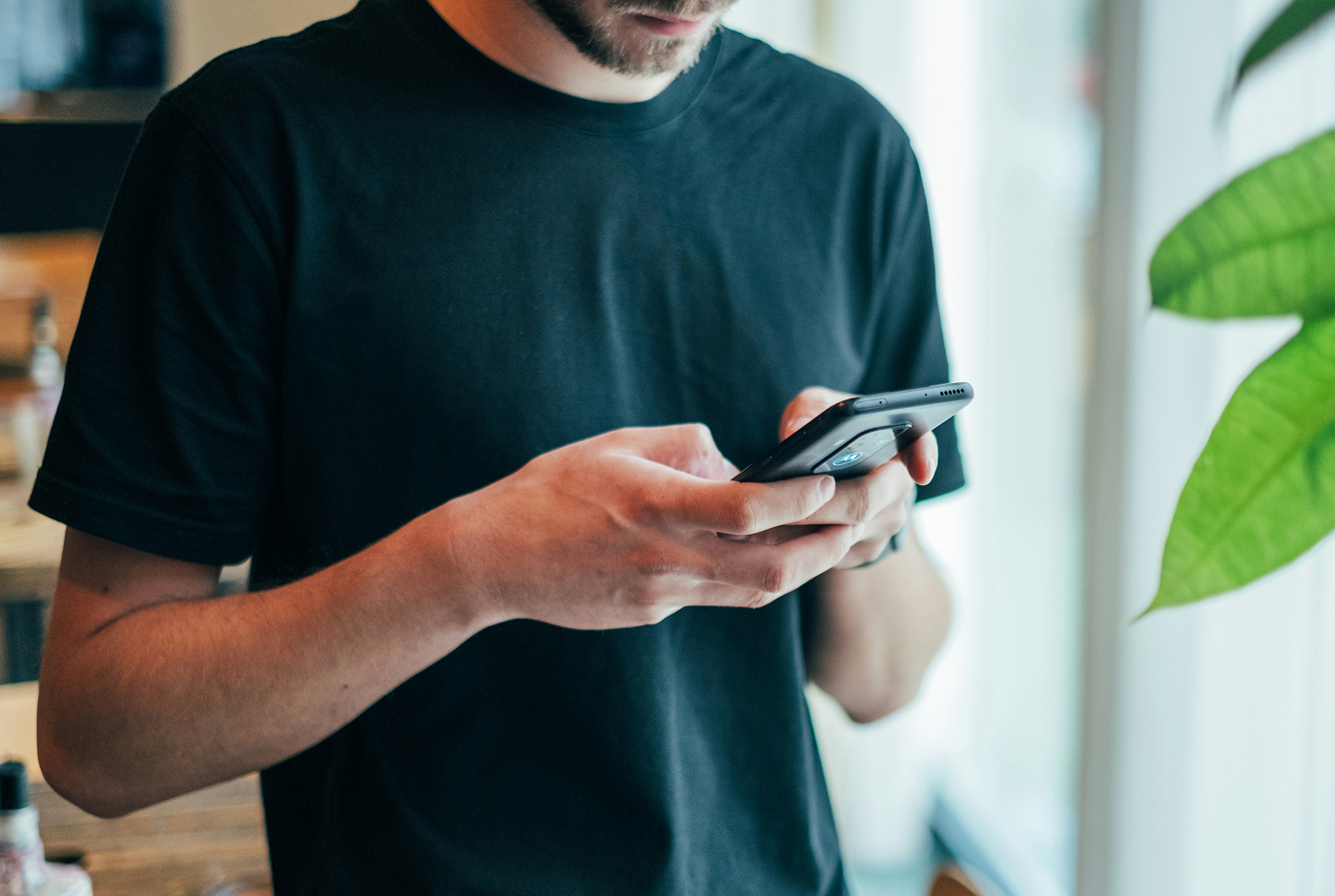Screens are a constant part of modern life—from phones and laptops to TVs and tablets. But when it comes to sleep, they might be doing more harm than good. The blue light emitted by screens suppresses melatonin, the hormone that helps regulate sleep. Exposure to blue light in the evening can delay your body’s natural sleep signals and reduce sleep quality.
Even beyond the light itself, screens are mentally stimulating. Scrolling through social media, answering emails, or watching intense shows keeps your brain active when it should be winding down. That’s why sleep experts recommend a digital curfew: turning off screens at least 30 minutes before bedtime.
This small change can lead to deeper, more restorative sleep. You’ll fall asleep faster, stay asleep longer, and wake up feeling more refreshed. Instead of screen time, try reading a book, journaling, stretching, or listening to calming music. If you must use a device, enable night mode or use blue light filters to reduce the impact.
This challenge is about reclaiming your evenings. Even one screen-free night can show you what’s possible—and once you experience better sleep, you’ll want to keep going.
Your Challenge:
- Option 1: Turn off all screens 30 minutes before bed.
- Option 2: Use a blue light filter or night mode on your devices.
- Option 3: Replace screen time with a calming activity like reading or journaling.
- Go Above & Beyond: Log your screen-free time in your wellness tracker.


